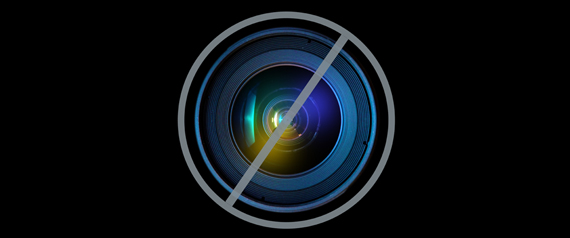What Google Isn't Telling Us About The Video It's Banned In 5 Countries (And Counting) - The Huffington Post
Censoring a video that doesn't break local laws or violate YouTube's terms of use marks an extraordinary, highly unusual move on Google's part that underscores the responsibility tech companies are now shouldering, by virtue of their outsized reach, to arbitrate free speech, shape international affairs and export values from their home nations.
Who decided to pull the video and why? What sort of conversations did Google have with government officials about the film? (And let's not take "none" for an answer.)
Why isn't this censorship, in places where the video is legal?
Has violence subsided in places where YouTube pulled the film? Will it? And will the "temporarily restricted" video be re-posted in places where it's legal as soon as the violence subsides?
Does banning the video reward violence? Is this a lesson that controversial content can be snuffed out if enough people are injured, enough buildings are burned and government officials ask nicely enough?
Would the video have been removed if it was an article?
Would the video have been removed if it had sparked violence by pro-democracy protesters?
Let's imagine a YouTube video of police abusing a political protester spreads in Russia, where it sets off a wave of violent, anti-government protests by pro-democracy groups. Does that video stay, or does it go? When does Google listen to violence, and when does it ignore it? Is all violence created equal?
Would the video have been removed if the violence had been in the United States?
Say a YouTube clip about the Jewish faith -- one that's not hate speech according to YouTube's definition, or technically illegal -- sets off a wave of attacks against synagogues in the United States. Would it be blocked? If not, what does that tell us about the way Google views other parts of the world?
Does Google get to decide when other countries are "ready" for free speech?
And given another chance, would Google have acted the same way? Will it?
Google's response to these events has been ad hoc at best and dangerously haphazard at worst.
Even those who agree with YouTube's decision to pull the video argue that Google has fallen short.
We work hard to create a community everyone can enjoy and which also enables people to express different opinions. This can be a challenge because what's OK in one country can be offensive elsewhere. This video -- which is widely available on the Web -- is clearly within our guidelines and so will stay on YouTube. However, we've restricted access to it in countries where it is illegal such as India and Indonesia as well as in Libya and Egypt given the very sensitive situations in these two countries. This approach is entirely consistent with principles we first laid out in 2007.
But there's more to be said about this difficult decision made under difficult circumstances. Will Google say it?
The company, which now has unprecedented power to influence the course of world events, from snuffing out pro-democracy movements to shaping elections, needs to answer these questions. With so much power, we need more transparency from a company that is a window to the world.




